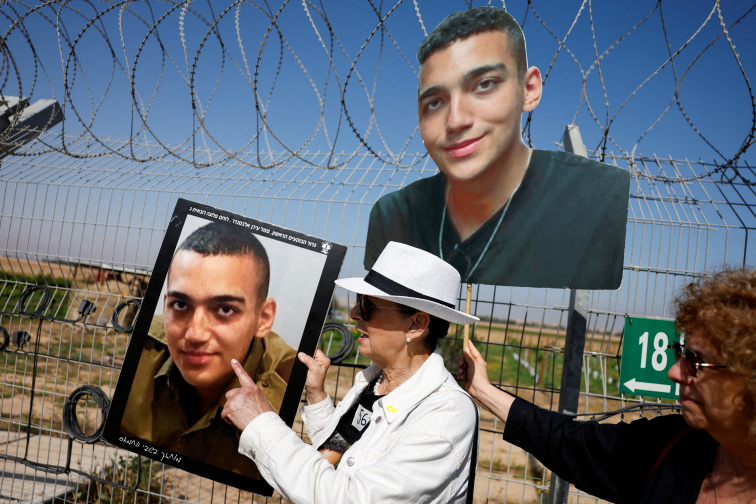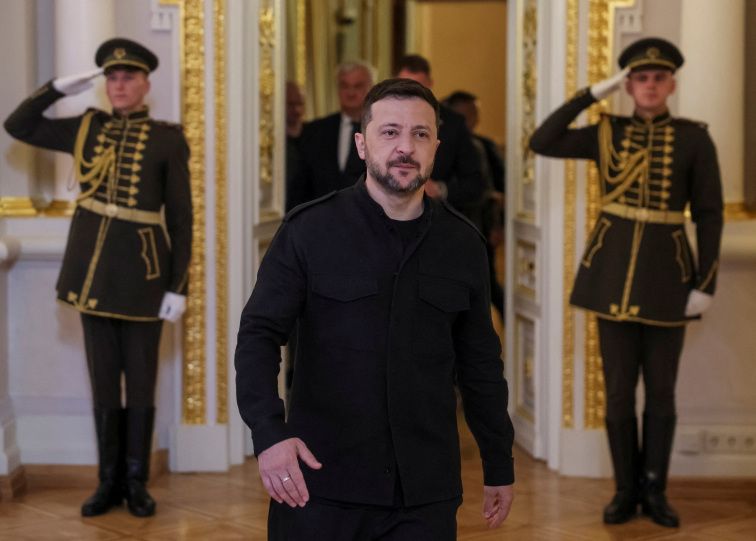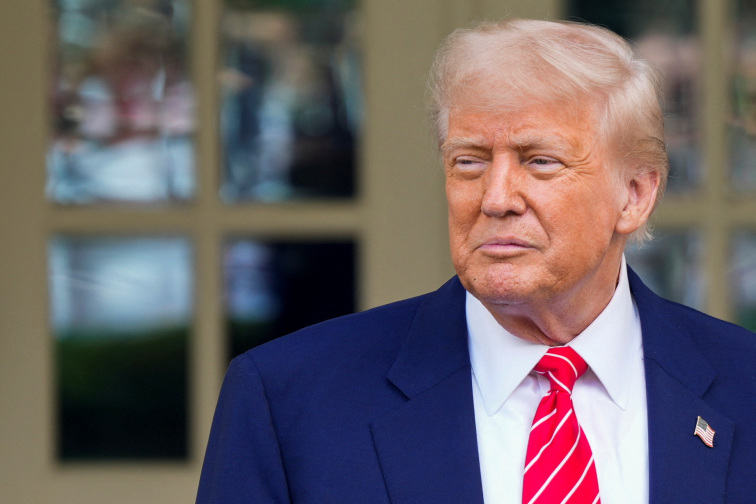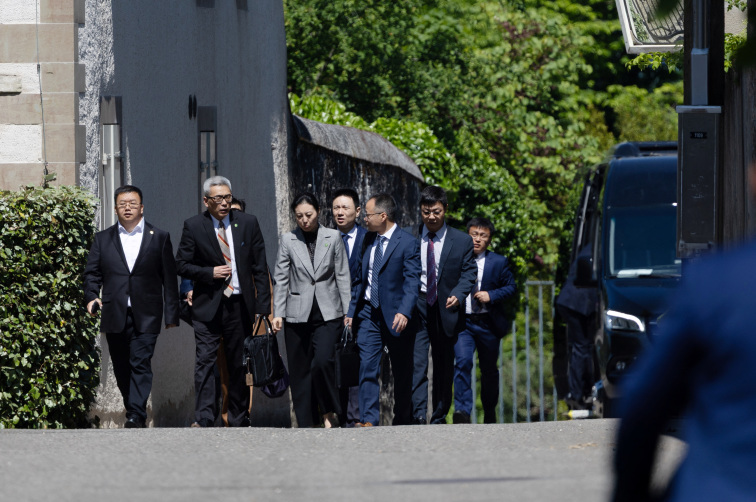JAMMU, India (Reuters) - The military operations chiefs of India and Pakistan will discuss on Monday the next steps for the nuclear-armed neighbours after a ceasefire returns calm to the border, following their fiercest fighting in nearly three decades.
There were no reports of explosions or projectiles overnight, after some initial ceasefire violations, with the Indian Army saying Sunday was the first peaceful night in recent days along the border, although some schools remain closed.
Saturday's ceasefire in the Himalayan region, announced by U.S. President Donald Trump, followed four days of intense firing and diplomacy and pressure from Washington.
India's military sent a "hotline" message to Pakistan on Sunday about the previous day's ceasefire violations, flagging New Delhi's intent to respond to further such incidents, a top Indian army officer said.
A spokesman for Pakistan's military denied any violations.
In a statement on Saturday, India's foreign ministry said both sides' director generals of military operations would speak with each other on Monday at 1200 hours (0630 GMT).
Pakistan has not made any comment on plans for a call.
The arch rivals had targeted each other's military installations with missiles and drones, killing dozens of civilians as relations turned sour after India blamed Pakistan for an attack that killed 26 tourists.
Pakistan denies the accusations and has called for a neutral investigation.
India said it launched strikes on nine 'terrorist infrastructure' sites in Pakistan and Pakistani Kashmir on Wednesday, but Islamabad has said those were civilian sites.
While Islamabad has thanked Washington for facilitating the ceasefire and welcomed Trump's offer to mediate on the Kashmir dispute with India, New Delhi has not commented on U.S. involvement in the truce or talks at a neutral site.
India, which says disputes with Pakistan have to be resolved directly by the neighbours, has rejected the involvement of any third party.
Hindu-majority India and Muslim Pakistan both rule part of the Himalayan region of Kashmir, but claim it in full.
India blames Pakistan for an insurgency in its part of Kashmir that began in 1989, but Pakistan says it provides only moral, political and diplomatic support to Kashmiri separatists.
(Reporting by Aftab Ahmed in Jammu, Shivam Patel in New Delhi; Writing by Tanvi Mehta; Editing by Clarence Fernandez)











News magazine bootstrap themes!
I like this themes, fast loading and look profesional
Thank you Carlos!
You're welcome!
Please support me with give positive rating!
Yes Sure!